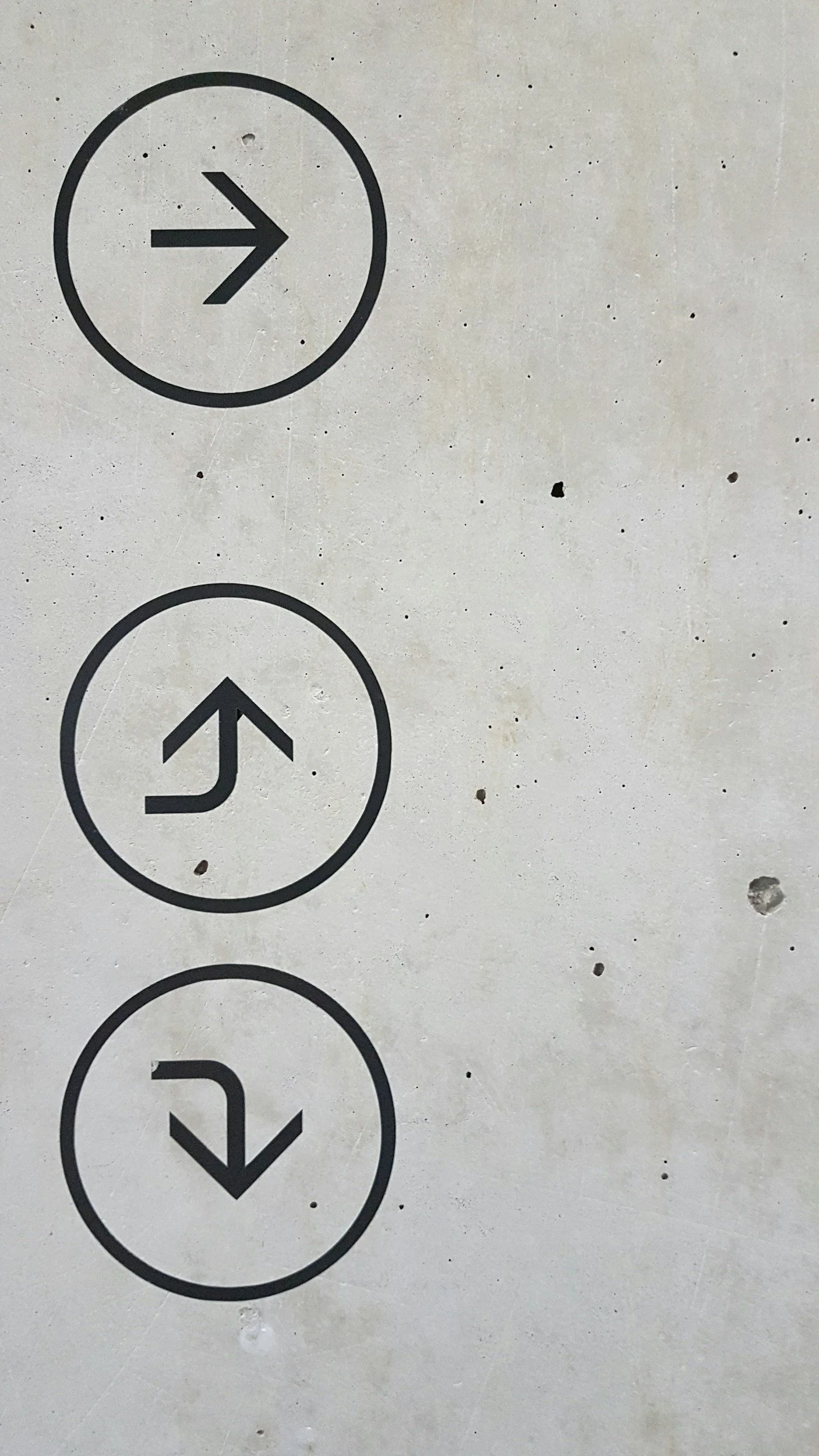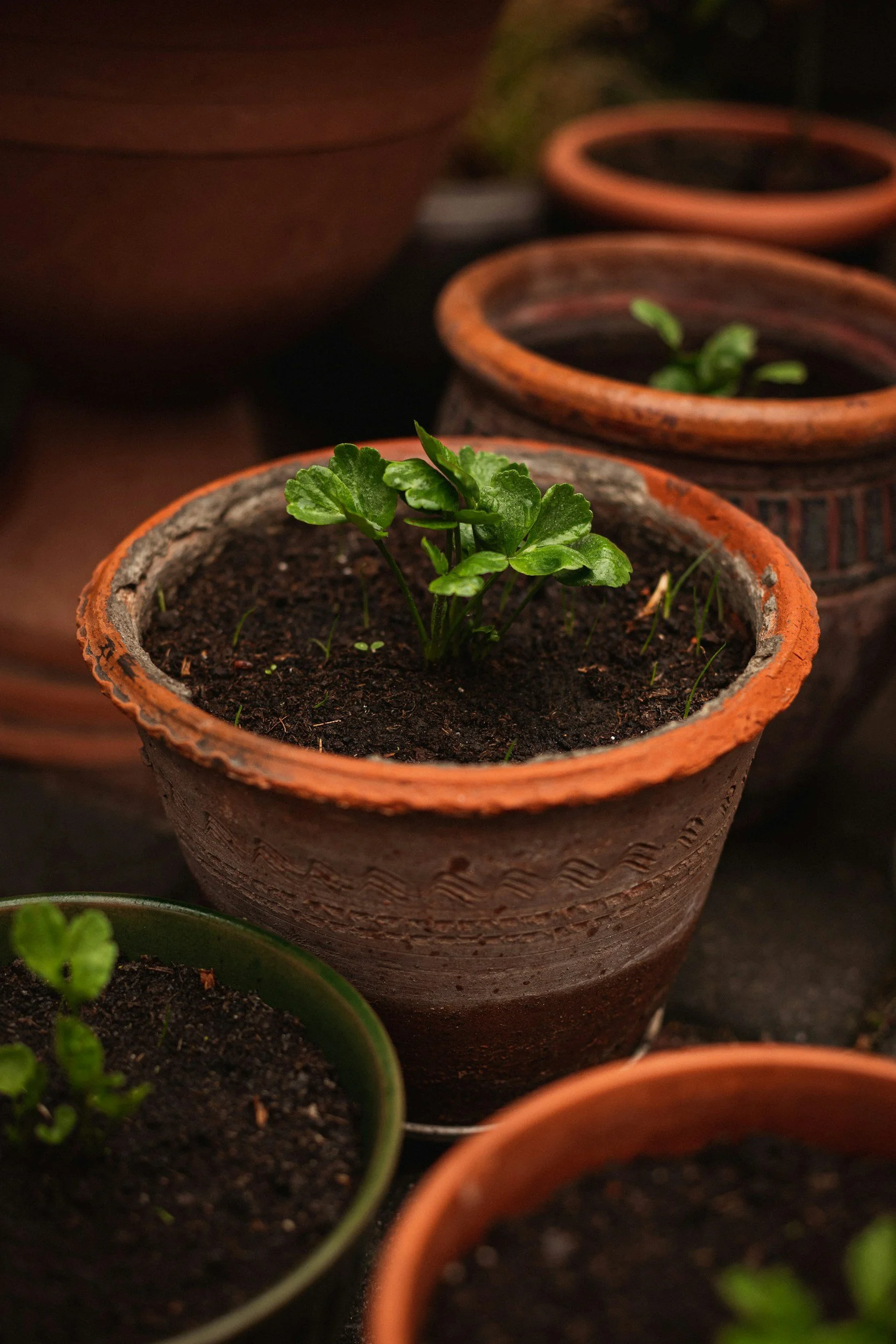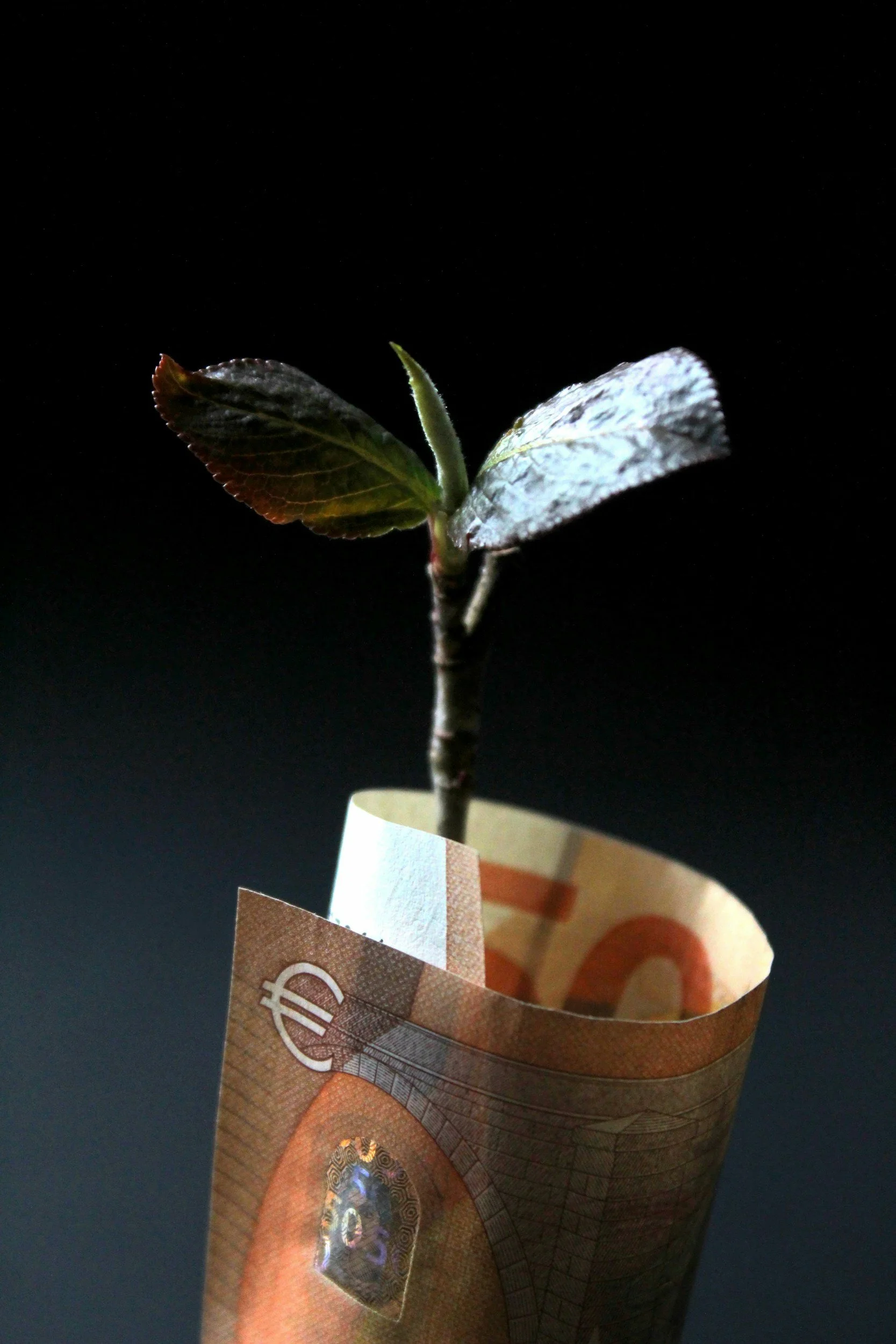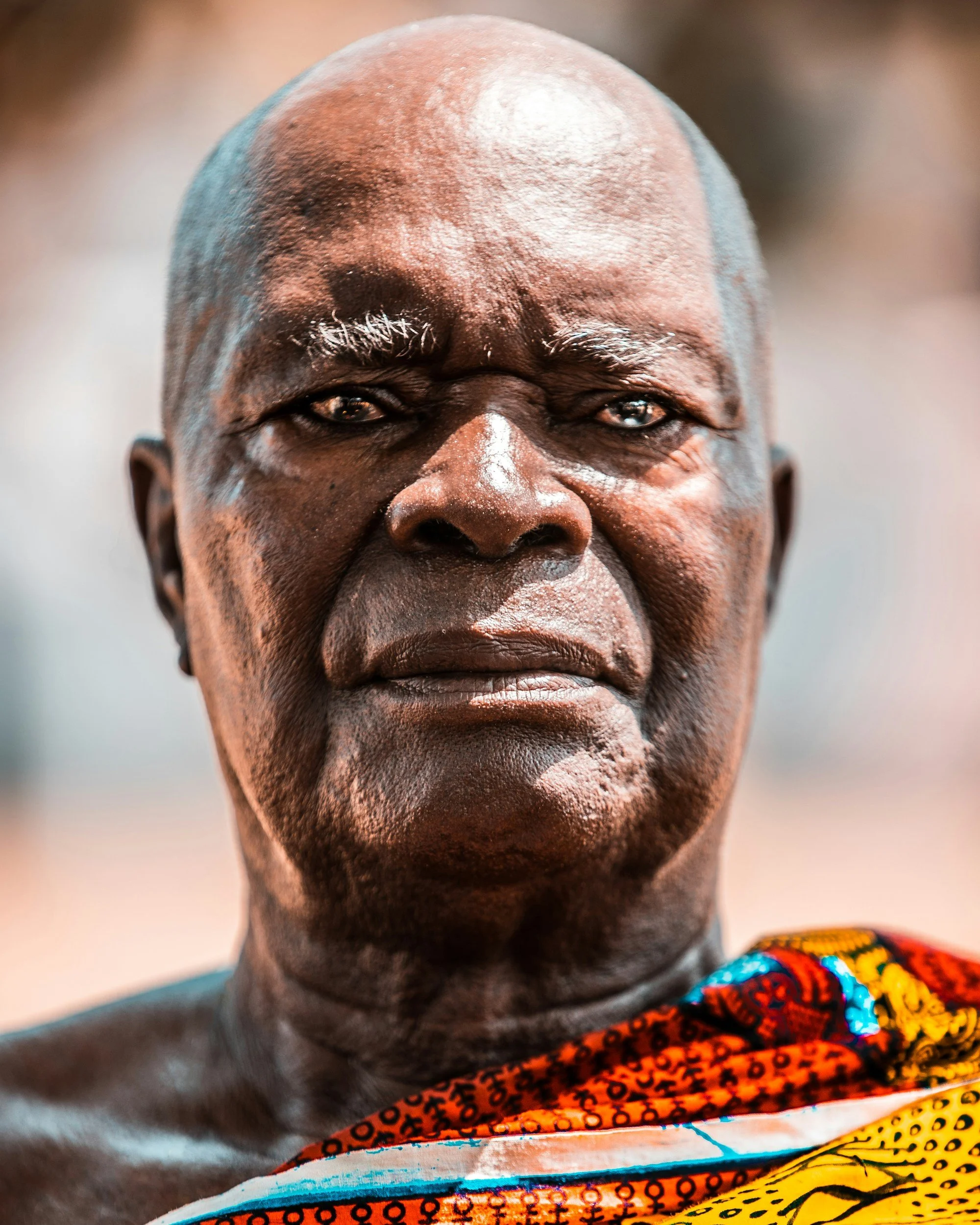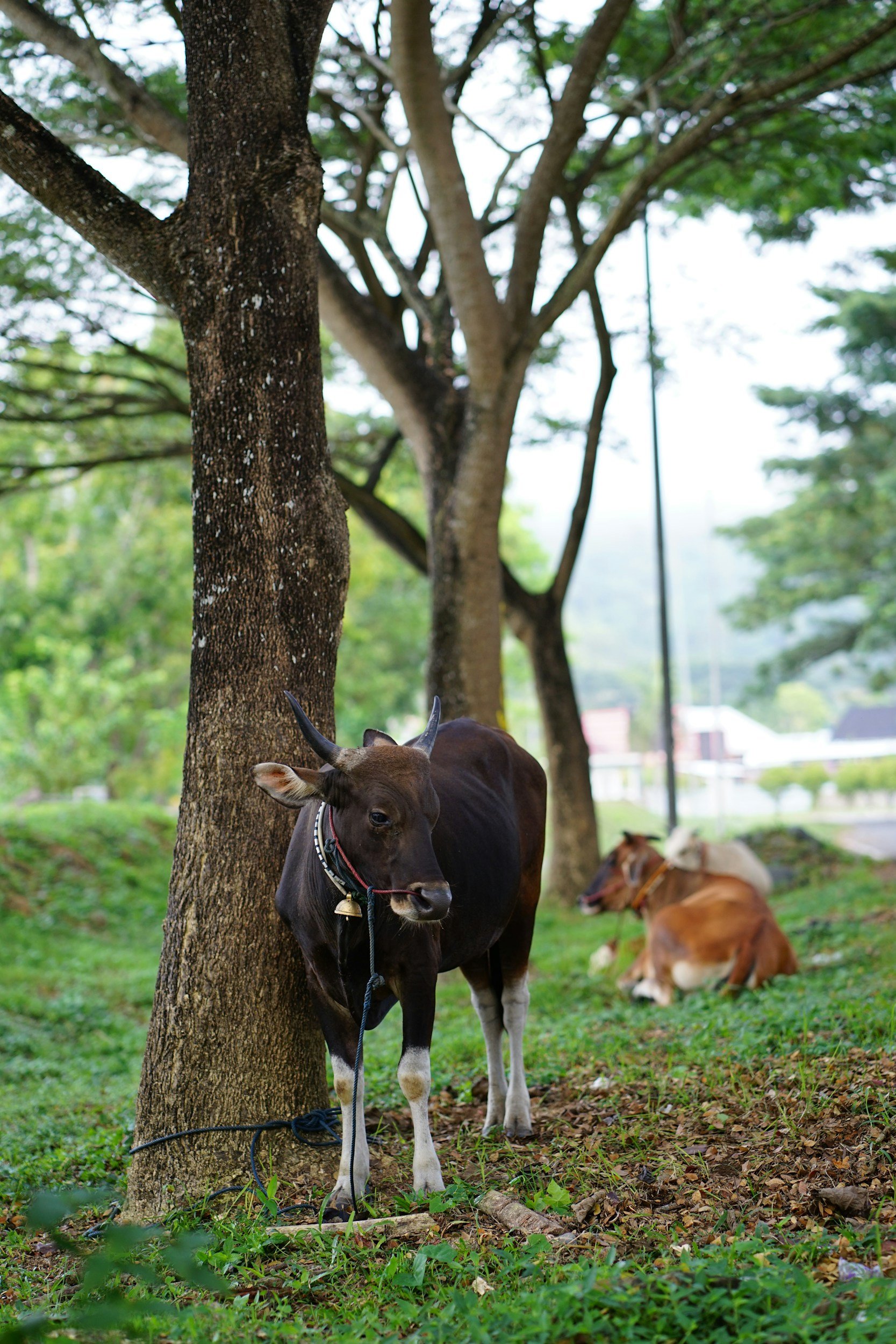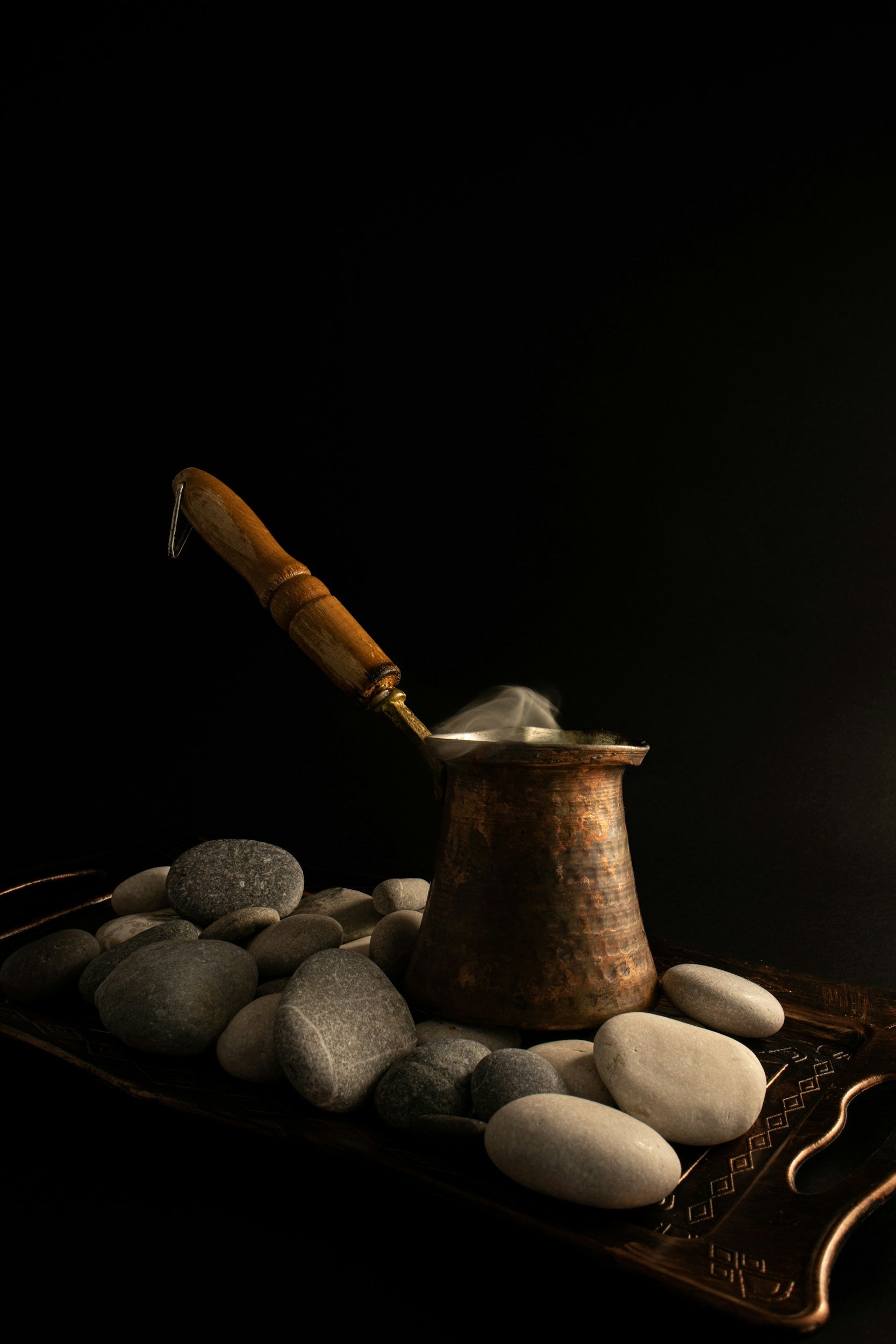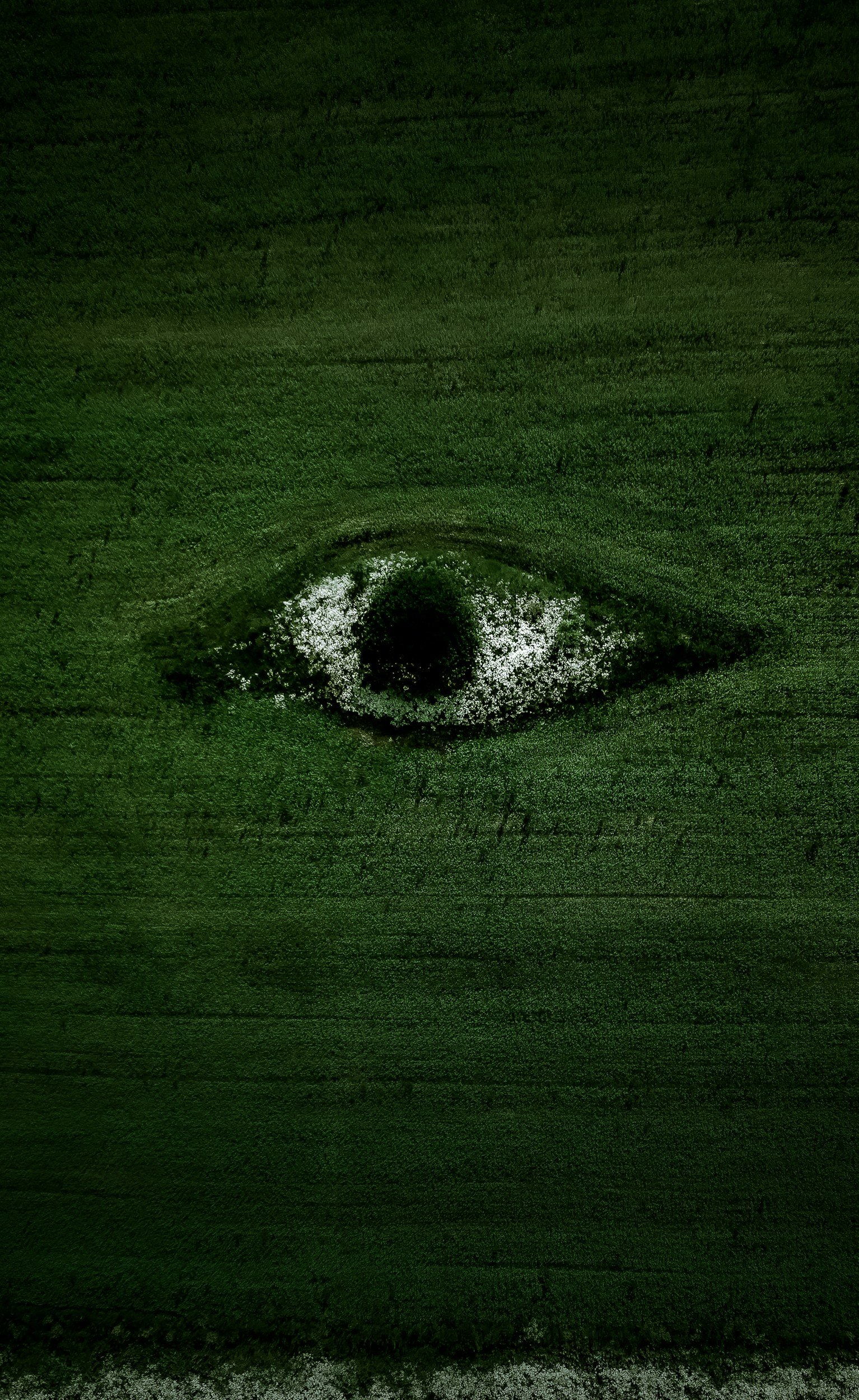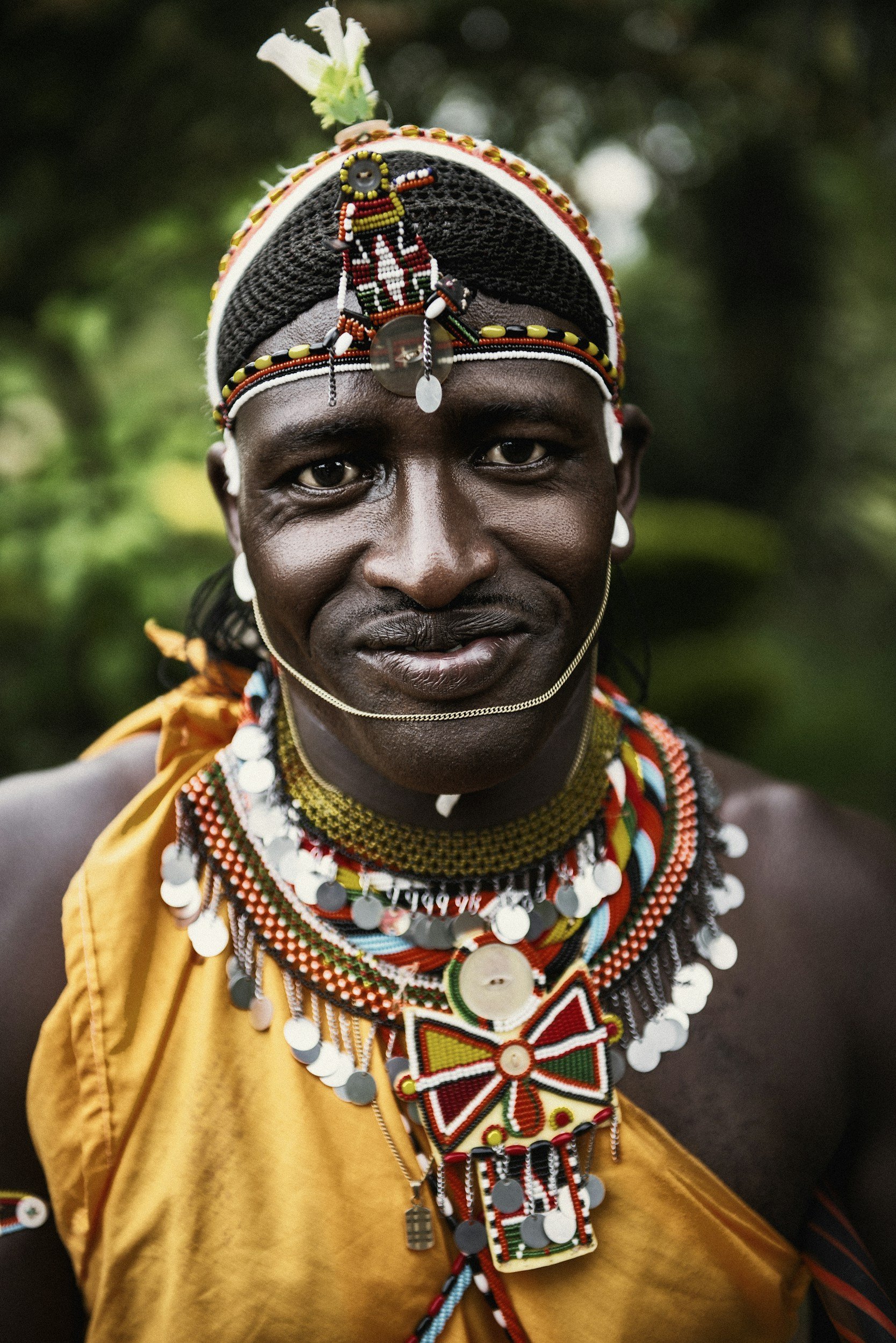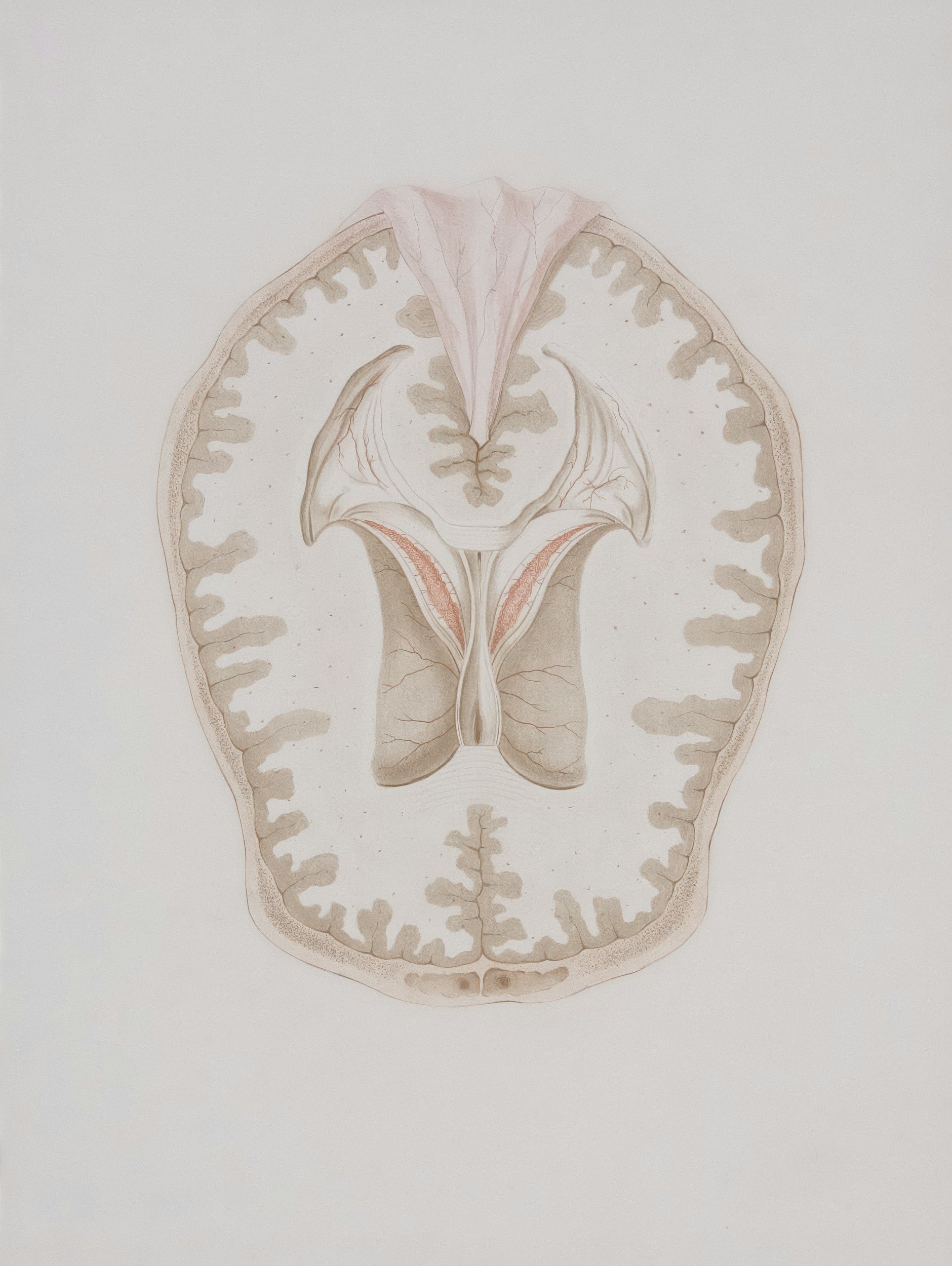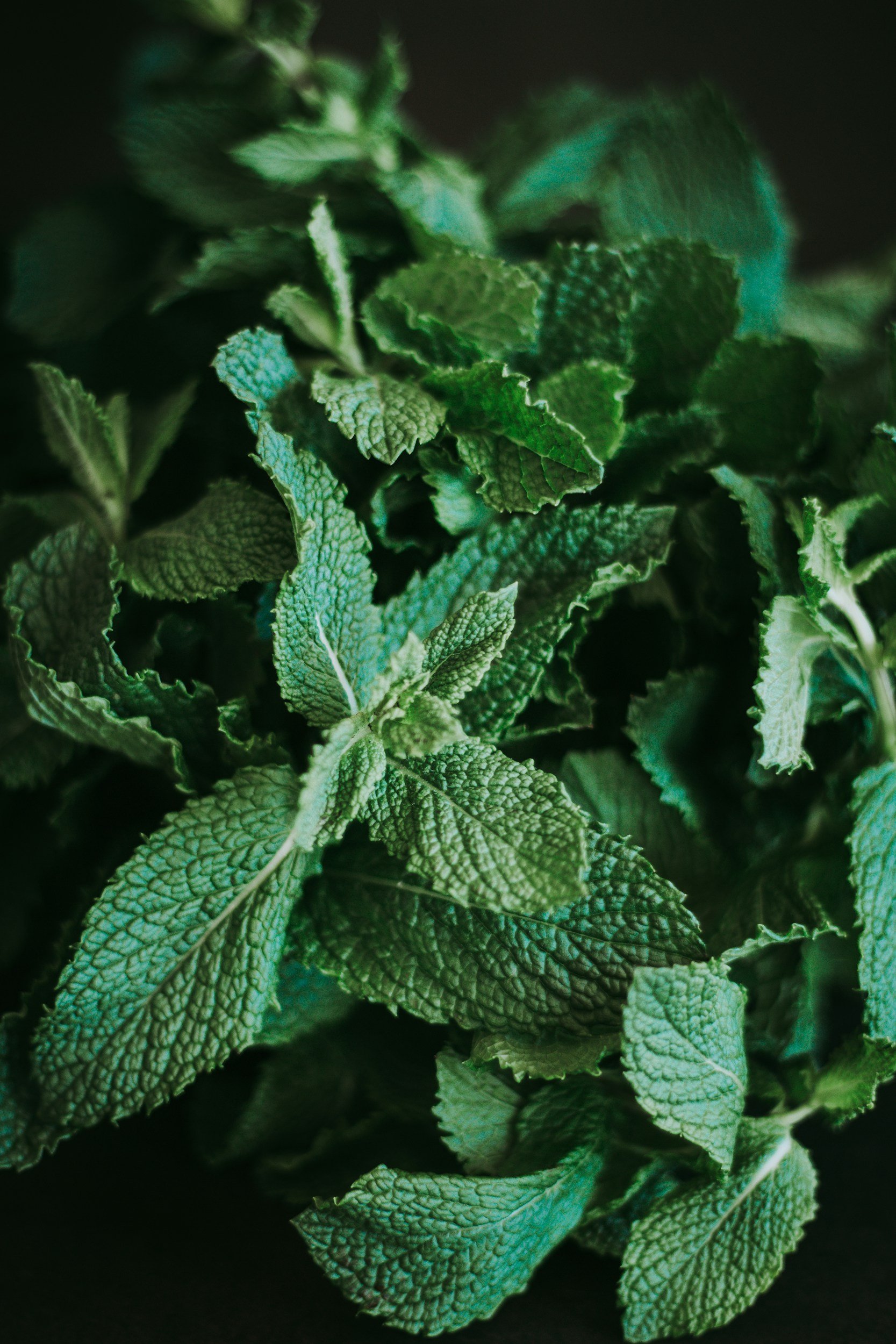Dibia Mgborogwu: The Guardians of Herbal Wisdom in Igbo Tradition
In Igbo spirituality and traditional medicine, Dibia Mgborogwu—herbalists—play an important role. These Dibias are the custodians of ancient knowledge passed down through generations, specializing in the use of herbs and plants to treat various ailments. Their deep understanding of nature's pharmacy—"language of the leaves," allows them to connect with and tap into the healing properties of plants to restore balance and health in the body and mind.
The Role and Practices of the Dibia Mgborogwu
A Dibia Mgborogwu is a traditional medical practitioner who possesses an extensive knowledge of the medicinal properties of plants. This knowledge is experiential, usually passed down from ancestors or acquired through intense personal study and practice. Some herbalists also receive their knowledge through dreams or oracular calls, where the spirits of the plants communicate directly with them, revealing the healing secrets of the natural world.
In their communities, herbalists are seen as healers who work closely with nature. They gather plants in their seasons, carefully selecting each herb at the peak of its potency. These plants are then dried and stored in their local drug stores, which are typically single rooms filled with jars, bundles of dried leaves, roots, and barks. Some herbalists cultivate their own mini-farms, growing a variety of medicinal plants behind their homes, to ensure a steady supply of fresh herbs for their practice.
Preparation and Administration of Herbal Remedies
The preparation of herbal remedies by a Dibia Mgborogwu is a highly personalized process. Each treatment is tailored to the client's specific condition, recognizing that no two cases are exactly alike. Remedies may be prepared in various forms:
Liquid Concoctions: These are herbal extracts prepared by boiling or steeping leaves, roots, or barks in water. The resulting liquid is usually consumed by the patient over a prescribed period.
Soaking Preparations: In some cases, the herbalist provides raw plant materials, such as leaves, roots, or stem barks, which the patient must soak in water or dry gin overnight before drinking. This method is believed to extract the active compounds in the herbs, making them more effective.
Dried Herbs: Herbalists may also distribute dried herbs, which patients can brew into teas or mix with other ingredients as directed.
In addition to treating patients directly, many Dibia Mgborogwu also supply other medical practitioners or Dibias with herbs and remedies. Some even sell their preparations at local village markets, where they are known as the mgborogwu [root] line, a testament to their expertise and the trust the community places in their healing powers.
The Spiritual and Communal Aspects of Herbalism
The practice of herbalism among Igbos is deeply intertwined with spirituality. The Dibia Mgborogwu does not prescribe herbs casually; they also engage in spiritual consultations to determine the underlying causes of illness. This holistic approach recognizes that physical ailments are usually linked to spiritual or emotional imbalances, and the herbalist's role is to address these root causes as much as the symptoms.
Herbalists are also seen as important figures in maintaining the continuity and harmony of the community. Their knowledge of healing is not only a practical skill but a sacred trust. They ensure the community's overall health and welfare, reinforcing social bonds and cultural continuity by treating illness and promoting well-being, .
Dibia Mgborogwu in the 21st Century
In the 21st century, the role of the Dibia Mgborogwu remains vital, though it has evolved in response to modern challenges. Many herbalists are now incorporating (western) scientific knowledge into their practices, bridging the gap between traditional medicine and contemporary healthcare. They may collaborate with modern doctors, contribute to research on herbal medicine, or even commercialize their remedies for a broader audience.
However, the purpose of the Dibia Mgborogwu remains the same: a deep respect for nature, a commitment to healing, and a dedication to preserving and passing on ancient wisdom. As the world continues to grapple with the limitations of modern medicine, the holistic approach of Igbo herbalists offers valuable insights and alternatives for those seeking natural and spiritual healing.
Final Thoughts
The Dibia Mgborogwu stands as a testament to the enduring power of traditional knowledge and the healing potential of the natural world. In their hands, the leaves, roots, and barks of plants are transformed into potent remedies that not only cure the body but also nurture the soul. As the custodians of this ancient wisdom, herbalists play a very important role in the health and spiritual well-being of their communities, bridging the past and the present in their ongoing quest to heal and harmonize.
Recommended Resources:
Introduction to Igbo Medicine: Igbo Healers and Agwu Deity in a Therapeutic Society | Patrick Iroegbu (Article)
A Dibia with His Tools, 1921 | Igbo Archives (Article)
The Origins of Ụmụ Agbara Agwụ and the Cult of Agwụ Tutelary Entities on Ọdịnala | Odinani: The Sacred Arts & Sciences of the Igbo People (Article)
Dibịa is not Native Doctor: The Roles of Dibịa in Igbo Land — A Historical and Descriptive Approach | Igbotic Net (Article)
